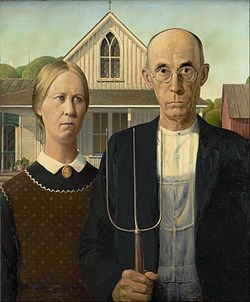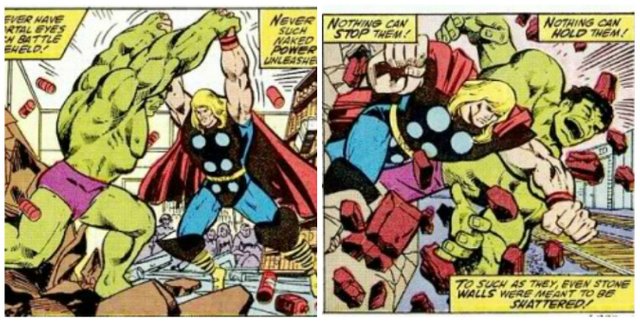OC Book Review of Chuck Klosterman's 'What If We're Wrong?'
Chuck Klosterman is, like me, a smart farm boy who had to leave home to find his tribe. He's from North Dakota; I'm from south-central Kentucky, which has more trees and (then) more tobacco, but otherwise they seem pretty similar.
Unlike Chuck Klosterman, I was never interested in sports, beyond playing them, which was fun. This was a good attitude to have, since they were basically the only thing to do during recess. If I was going to watch large men hitting one another, it needed to be in a different format.
I just couldn't get behind the quasi-religious thing of rooting for a team of real people (rich people, no less), none of whom I was never going to meet. Buying comics in order to read about fake people? That was fine, especially if there was some sort of emotional significance to the story – say, for instance, the moral superiority of persecuted weirdos.
My tribe turned out to be in Lexington, KY, which served as the weirdness drain for the entire eastern half of the state, as well as part of West Virginia. That tribe was a gamer group calling itself the Miskatonic Student Union. In in the late 1980s, “gamer” meant player of role-playing games (as in Stranger Things) not so much video games (though I also spent a lot of time and money hanging around video arcades).
This is only relevant because one of those gamers, also named Chuck, ranted to me for years after I left Lexington about how Grantland was the smartest site on the web. “My” Chuck was both a music nerd and a sports nerd, so as far as he was concerned, the site was crack-tacular. But I never got around to it. My first exposure to Chuck Klosterman, one of the founders of Grantland, was this NPR interview, where he was plugging the book But What if We're Wrong? After a couple more media things, like this talk, and this interview on WTF with Marc Maron, it became clear that the wily Klosterman was too clever for me. He was using the same teasers over and over. I would have to actually read the book. The book is thought-provoking, and funny. Klosterman likes footnotes, where I rely on links and endnotes, but I dig his parenthetical writing style and his wide-ranging choice of examples. He picks ten big assumptions of our current culture and wonders what the future will think of those biases. Given that we keep learning things, almost certainly the future will think of them as ridiculous biases. The usual game in SF is to call the shot, to imagine the future culture that is looking back at foolish, foolish us.
Klosterman makes a few predictions, but that is not his primary focus. He is more interested in the process of forgetting and reinterpreting that has happened throughout history and will undoubtedly continue to happen in the future. It's a form of radical doubt, like a 21st century Descartes, without the dog vivisections. Klosterman muses on this process across ten major subjects, with lots of entertaining digressions:
- 1. Books;
- 2. Popular music;
- 3. The very idea of “merit” – that one thing is better than another; 4. Science, specifically physics, though also dinosaurs;
- 5. The non-centrality of dreams to our current version of psychology, when every other culture ever was pretty sure they were important;
- 6. TV;
- 7. Sports, in the form of the quasi-religious team sports I mentioned earlier;
- 8. Democracy;
- 9. Science again; and
- 10. Politics, especially its current toxic partisanship, but beyond that to the way the Internet fosters thought bubbles of like-mindedness
There are lots of subjects he did not focus on. The climate change debate gets only a couple of pages in Chapter 10. Economics, specifically capitalism and what might follow it, are mentioned mostly in passing reference to Francis Fukuyama's “The End of History.” Vegetarianism. Conspiracy theories and the surveillance state. More generally, the existence of states and corporations as the primary ways to organize the human population. We live in a target-rich environment for the satirists of the future.
But to me, the biggest revolution Klosterman missed is neuroscience (not surprising, since I am a neuroscientist). More specifically, I mean the way neuroscience is confirming very old Buddhist ideas about the self, which are undermining the foundations of the West's 500-year-long obsession with personal identity.
https://www.youtube.com/watch?v=dbh5l0b2-0o
So yes, this is an important book. Yes, is is a vocational manual for the habits of thought that SF writers need. Yes, it is important for citizens of the rapidly changing 21st century. But more importantly, it may help lay the groundwork for both personal and societal transformations in consciousness. Not bad for a farm boy from North Dakota.




